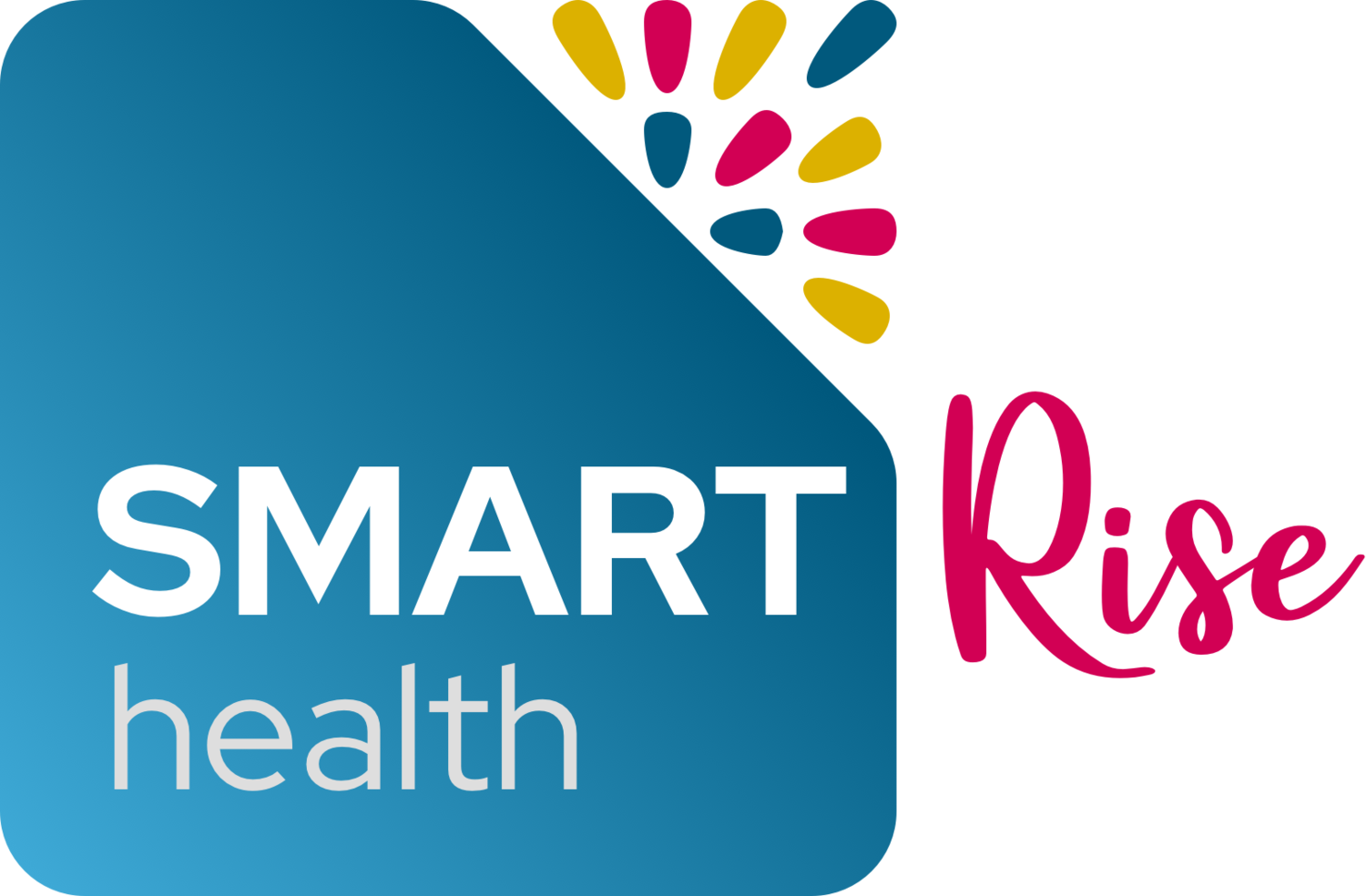BLOG POSTS & PODCASTS
Pharmacy’s Role in Quality Improvement
As we race to prepare providers and the health care systems and infrastructure to implement COVID-19 vaccinations, we must consider the pharmacy’s principal role in improving care quality. Beyond immunization adherence, pharmacists at all levels—in clinical and care management roles, retail and community pharmacies and pharmaceutical companies—have evolved from focusing on transactional business models to providing expertise and resources in quality improvement. Many are part of vertically integrated models and are positioned to play a meaningful role in implementing quality-based care programs.
How can we integrate the value of risk adjustment into QI models?
In response to the pandemic, the Department of Health and Human Services designated new e-visit codes for the 2020 calendar year. Shifting our perception of health assessments and taking advantage of virtual care technology will improve Hierarchical Condition Category (HCC) performance and quality of care.
Leveraging Technology to Expand Access to Behavioral Health
Digital behavioral health start-ups have scored $588M in funding during the COVID-19 pandemic and “virtual mental health” spiked at the end of 2020’s first quarter as people searched for alternatives to in-person behavioral health services. Digital technology is an emerging opportunity to address our burgeoning behavioral health needs and provider shortage.
How are providers, payers and health care stakeholders empowered to address health equity?
As we begin to see the release of COVID vaccines on the horizon in the United States, it is even more essential to collect robust data on patients’ social needs. This information is critical to providers’ efforts to empower communities and ensure their access to clinical services—and especially to vaccines in the coming year.
How can you leverage data while working to improve quality measures?
With the recent uptake of technologies and solutions, leveraging data—along with data that include patient self-reported sources—can help health care stakeholders assemble a clear picture of how to improve patient care. Meaningful data use falls into three components: intent, action and enablement. Let’s explore a few use cases, and some opportunities that support accurate monitoring and closing care gaps, which can result in improved care quality and performance while advancing, scaling and advancing efficient care delivery.


















